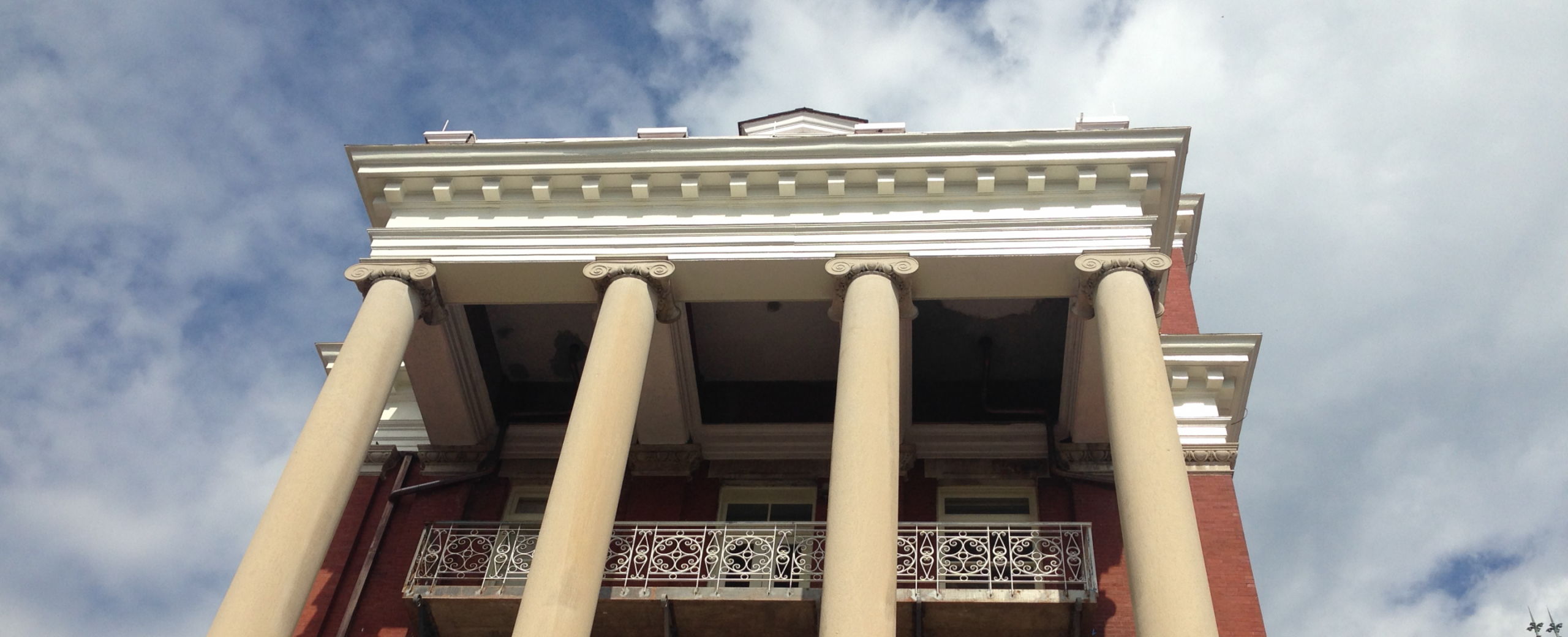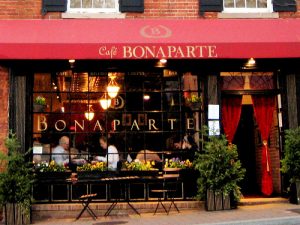This Thursday, April 11, students will have the opportunity to vote on the GU272 referendum. The referendum, if passed, would demonstrate student support for creating a reconciliation fund to benefit descendants of slaves sold by the Maryland Jesuits in 1838 to keep Georgetown University afloat. The fund will be comprised of a $27.20 mandatory student contribution, similar to the student activities fee, that can be used for anything from medical treatment to scholarships.
We encourage all students to vote yes on the referendum. This editorial board strongly supports the efforts of the GU272 Advocacy Team and hopes students vote to support the cause as well as the work of their peers.
This vote is an opportunity to show the university that the student body takes the issue of restorative justice seriously. We believe that the proposal, while imperfect, is a way to move past memorialization to concretely to address how our school’s past affects people in the present. Georgetown rarely ever takes action without the prompting of student advocates, and the passage of this referendum would be a beginning move toward holding the administration accountable for the university’s slaveholding past.
Few people disagree with the idea that Georgetown’s past, and its ties to slavery, must be addressed. Some students who oppose the referendum fail to acknowledge how Georgetown’s historic ties to slavery impact their everyday lives, instead choosing to consciously or unconsciously separate themselves from the university and its history.
But doing so is impossible. We all benefit from being on this campus, which exists today because of the 1838 sale. The fund is one way to repay the and people enslaved by the Jesuits forced to work for our future without compensation, many of whose families still feel the lasting effects of their ancestors’ enslavement.
We have remaining questions about the fund and its controlling board—made up of five descendants and five students nominated by the GUSA president—which we would like to be fully answered by those who will see the referendum through. In general, the proposal lacks specificity around the creation and operation of the board, including who would oversee it and whether it would be a subsidiary of the university or its own entity. We should listen to the procedural concerns of the opposition and transparently answer them.
However, we trust that the board of students and descendants will responsibly and thoughtfully allocate the funds. We are voting to create a living institution that will work to answer these questions before the collection for the fund begins in fall 2020.
This editorial board attended the town hall hosted by the GU272 Advocacy Committee on April 1 and would like to address the concerns and misconceptions raised during the conversation. First, some believe the $27.20 contribution should be voluntary. We disagree. We have all benefited from attending this university, and an opt out option would detract from the power of the referendum.
For students who pay full tuition, $27.20 is a relatively small amount when compared to the roughly $37,000 semesterly cost of attendance and the decades of forced labor under the Jesuits that built the university and led up to the sale of the GU272. The university will have to pay more to cover this fee for students on financial aid, which potentially means it will have to redirect funding away from other areas to cover this. However, we believe it is worth it to support the GU272 fund. Additionally, we encourage the university to fundraise specifically for this purpose; Georgetown needs to prioritize reckoning with its history.
Another point of opposition is that a mandatory fee should include all members of the university, including faculty and graduate students. But it is within our power as undergraduates this semester to set an example for others to follow. We should not wait any longer for the administration or graduate student government to take action.
This referendum does not absolve the university of its responsibility to tangibly repay the debt it owes the people who made its very existence possible. But while the university must do more to address its history with slavery, we are all a part of Georgetown. With this vote, the undergraduate student body has an opportunity to take matters into their own hands.
We urge all students to vote yes on the referendum, but mostly, we urge everyone to vote. To act as an example for the nation, we must all take the time to be informed on the issue and vote on Thursday, regardless of opinion. If you decide to vote no because you believe the only administration, not the students, should fund repayments, then follow through on your beliefs and email the Office of the President, join the 272 Advocacy Team, and participate in protests to spur that change.
On Thursday, we have a historic opportunity to effect change. This referendum is another important step we must take toward addressing the wrongs of our past and present.






I am a direct descendant of Cornelius Hawkins, one if the slaves sold by the Jesuit priests in order to keep Georgetown operating. My mother was Daisy Hawkins Bouie Martin. Her father was Jobie Hawkins. I lived ib Maringuion in the early 1950’s. I believe that all surviving descendants of the abominable slave trade should be compensated. The Captivity didn’t end with the Proclamation. Our bondage continues today. The wealth of the Americas was built and lasts to this very day due to the highly profitable slave trade. Vote yes brothers and sisters. This will only be a start to the redress of grievances. Shalom!
[…] up to the vote, the editorial board of the Georgetown Voice, a student magazine, urged undergrads to approve the proposal, arguing […]
[…] An editorial in the Georgetown Voice urged students to vote yes, saying the proposal would allow the school to “move past memorialization to concretely address how our school’s past affects people in the present.” […]
[…] An editorial in the Georgetown Voice urged students to vote yes, saying the proposal would allow the school to “move past memorialization to concretely address how our school’s past affects people in the present.” […]